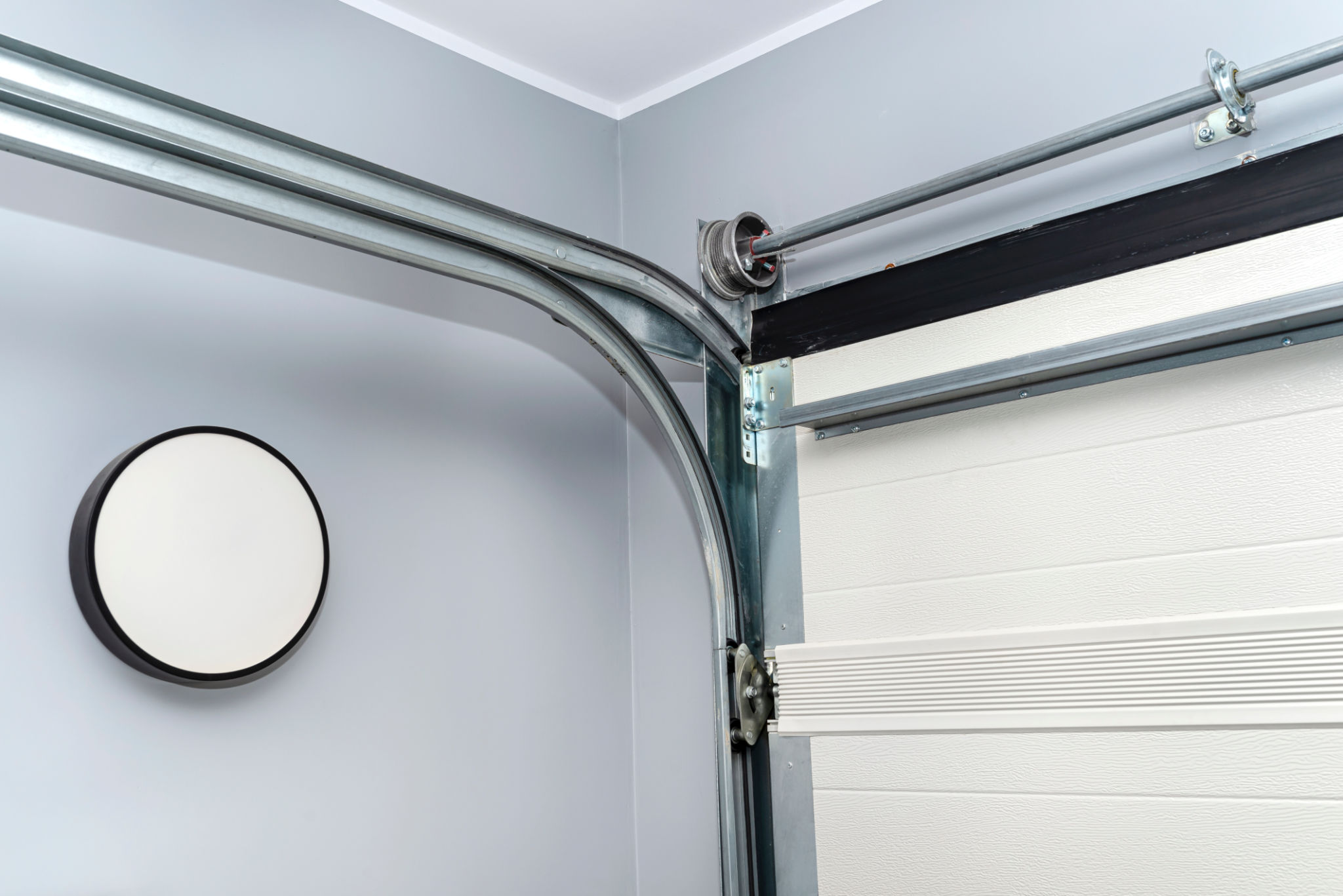

- Services
- Garage Doors
- Garage Door Maintenance
- Annual Maintenance Plan
- Broken Garage Door Spring
- Garage Door Cable Replacement
- Garage Door Opener Repair & Replacement
- Garage Door Roller and Track Repair
- Off-Track Garage Door
- Garage Door Weather Stripping Installation
- Garage Door Sensor Repair
- Garage Door Panel Replacements
- Garage Door Maintenance & Safety Inspections
- Garage Door Spring Tension Adjustment
- Garage Door Keypad Installation
- Garage Door Remote Programming
- Frequently Asked Questions
- About
- Contact
- Blog
The Complete Guide to Choosing Energy Efficient Garage Doors
Understanding Energy Efficiency in Garage Doors
When it comes to home improvement, garage doors are often overlooked. However, selecting an energy-efficient garage door can significantly impact your home's energy consumption and comfort. Energy-efficient garage doors are designed to minimize heat loss, helping to maintain a stable indoor temperature and reduce heating and cooling costs.
Energy efficiency in garage doors is primarily influenced by factors such as insulation, material, and design. Understanding these elements is crucial to making an informed choice that benefits both your wallet and the environment.

Key Features of Energy-Efficient Garage Doors
Insulation
Insulation is a critical component of energy-efficient garage doors. It reduces the transfer of heat between the inside and outside of your garage. Look for doors with high R-values, which indicate better insulation performance. Polyurethane and polystyrene are common materials used for insulation, with polyurethane generally providing superior thermal resistance.
Material
The material of the garage door affects its durability, appearance, and energy efficiency. Common materials include steel, aluminum, wood, and fiberglass. Steel is a popular choice due to its strength and effectiveness at insulating when combined with foam core insulation. Aluminum is lightweight but may not insulate as well as steel, unless it includes thermal breaks.

Design Considerations for Energy Efficiency
Weather Seals
A proper seal around your garage door prevents drafts and minimizes air leakage. Weather seals should be installed along the bottom of the door, between panels, and around the door frame. Regularly check these seals for wear and tear to maintain optimal energy efficiency.
Windows
While windows can enhance the aesthetic appeal of your garage door, they can also be a source of heat loss. If you choose a door with windows, opt for insulated glass or low-emissivity (low-E) coatings to reduce thermal transfer.

Selecting the Right Energy-Efficient Garage Door
Choosing the right energy-efficient garage door involves balancing performance, aesthetics, and budget. Begin by deciding on the level of insulation required for your climate. In colder regions, higher R-values are essential, whereas milder climates may allow for more flexibility.
Additionally, consider the overall look you desire. Garage doors come in various styles, from traditional to modern, so select one that complements your home's architecture. Remember to factor in maintenance requirements; some materials may require more upkeep than others.
Installation and Maintenance Tips
Professional installation ensures that your garage door operates efficiently and safely. An improperly installed door can lead to energy loss and potential safety hazards. Therefore, hire a reputable installer with experience in energy-efficient models.
Regular maintenance is also crucial for preserving energy efficiency. Inspect your door periodically for any signs of wear or damage, paying particular attention to insulation, seals, and hardware. Address issues promptly to prevent further energy loss.

The Environmental Impact of Energy-Efficient Garage Doors
Opting for an energy-efficient garage door not only benefits your home but also contributes positively to the environment. By reducing your home's overall energy consumption, you lower your carbon footprint and help conserve natural resources.
Moreover, many energy-efficient garage doors are made from sustainable materials or include recycled content. Choosing such options supports eco-friendly practices and promotes a greener future.

Conclusion
Selecting an energy-efficient garage door is a wise investment that enhances your home's comfort, reduces energy costs, and supports environmental sustainability. By considering factors such as insulation, material, design, and installation, you can find the perfect solution tailored to your needs.
Take the time to research and consult with professionals to ensure you make the best decision for your home and the planet.